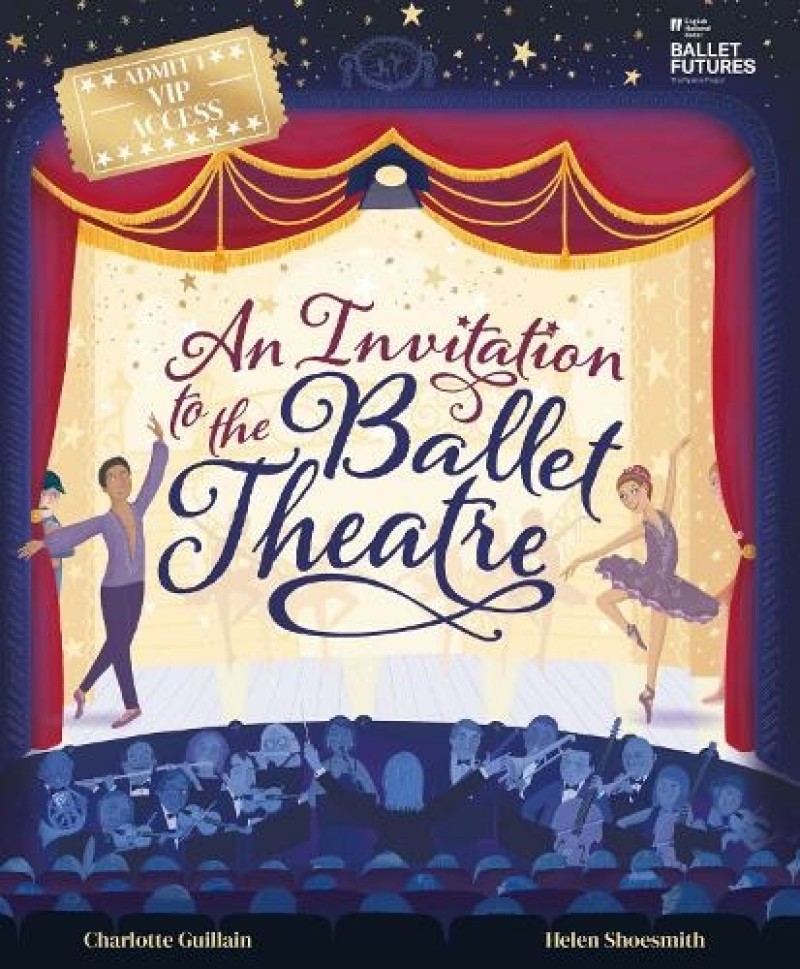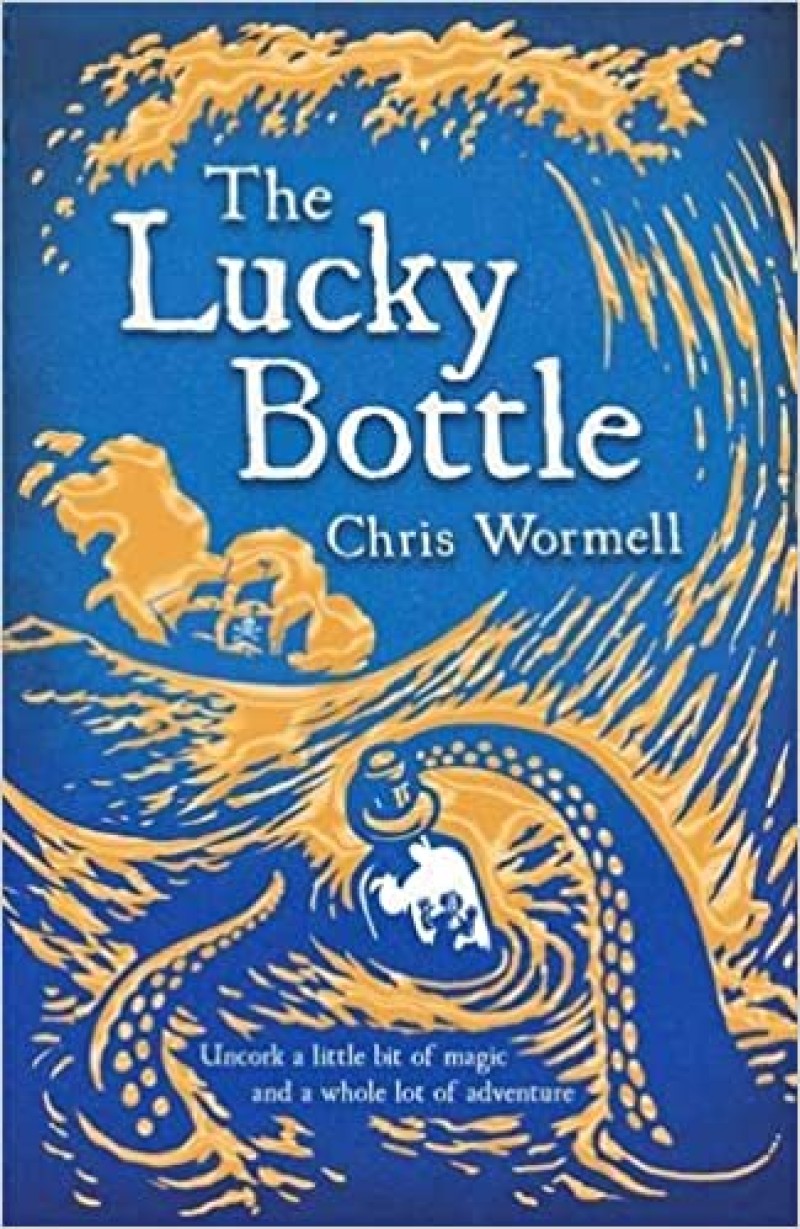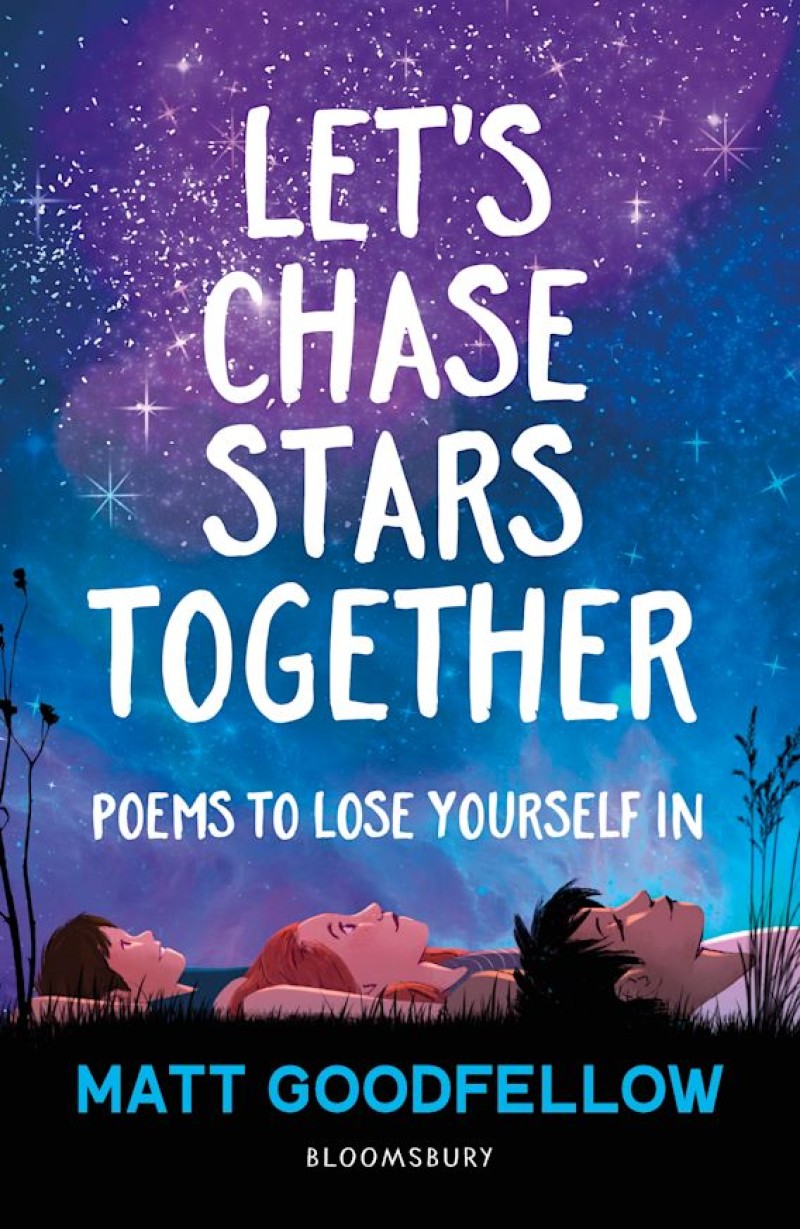Posted on: 30/09/2022
With the new academic year now well-underway, the heady, long days of summer may seem a distant memory. Nights are drawing in and we might be in search of books that take us to other places; provide a welcome distraction from the busyness of daily life. People may also seek to escape the ongoing worries that the cost-of-living crisis has caused and simply lose themselves in velvety blankets of words. And this idea that books can be a figurative comfort-blanket is perhaps a familiar one. Anecdotally, how many times have you as an adult ‘lost’ yourself in literature? How often do the children we teach do this? The National Literacy Trust’s 2022 Annual Literacy Survey, the key findings of which were published on September the 1st, identified that of the children surveyed, 2 in 3 (67.4%) children aged 8 feel better after reading; 64.1% are helped to relax by reading and 64% feel happy due to reading. But these figures also mean that a great deal of children don't routinely experience the absorption and deep comfort that being lost in a book can bring us. We as educators need to support our children to read for not just pleasure but also for the mental well-being that escaping into literature can promote. And so this month’s literary themes are escapism and distraction and this is reflected in the nature of the three – all very different from one another – books that we’ve selected.
An Invitation to the Ballet Theatre written by Charlotte Guillain and illustrated by Helen Shoesmith (Welbeck Editions, 15th September 2022)
For some, escaping into the world of theatre is the perfect way to de-stress and unwind; a way to become lost in visual and audio story-telling. And the heady combination of the visual, aural and kinaesthetic elements of dance, in which to become ‘lost’ can be incredibly powerful. This ‘invitation’ to the ballet explores all-things ballet theatre, from the ballet classes dancers take to costume and even wig design! We are taken on a virtual theatre tour where we explore how dancers must warm-up; training clothes; the different ballet positions and movements. We visit the make-up room, where we learn that most ballerinas apply their own make-up and that this needs to accentuate features so they don't become lost in the bright lights of the stage and at the distances some audience members may be seated. We watch a make-up artist at work, transforming a ballerina into a creature. In the healthcare suite, we explore how the physical and emotional health of ballet dancers is supported by a team of experts. From equipment such as weight-training and stretching devices to the sorts of condition a male dancer may need in order to be able to lift his partner, we delve into some of the physical demands placed upon career dancers. There is also reference to the expert support on hand to help dancers with their mental health and diet and nutrition: hugely important when we consider the stress levels that can go hand-in-hand with the profession. A brilliant, illustrated non-fiction book that would make a lovely gift and be the perfect addition to any class book corner, especially for children wanting to immerse themselves in someone else’s world or interested in a career in the arts.


The Lucky Bottle by Chris Wormell (David Fickling Books, 1st September 2022)
Jack is only ten years old but, having lied about his age to join the crew of a ship he finds himself ship-wrecked and seemingly alone. But then he discovers a human footprint; hears the unmistakable rustling of the pages of a book and there he discovers a veteran castaway; self-reliant and kindly and quite content to remain on the island. And to Jack’s utter surprise, this would-be companion is no barbarian: he is an avid reader with a library, no less, and being a kindly soul, takes Jack under his wing. Jack – illiterate – is drawn into a literary world where Robinson’s love of story is the stuff that saves Jack’s soul. Introducing Jack to the wonders of The Tempest (there is even a giant tortoise named Caliban!) the seemingly impossible task of trying to get Jack back home becomes a focus for the unlikely friends and soon Jack is immersed within worlds, within worlds, within worlds. The daily writing of messages, placed into bottles requesting help upon torn out pages that Jack has learned to read, becomes almost secondary in purpose as he and his companion are further immersed in the world of Shakespeare’s The Tempest and their quest: to locate the treasure that they suspect has been buried on the island. And the shifting of sands just as their situation is shifting is foretold in the words of Prospero:
We are such stuff as dreams are made on, and our little life is rounded with a sleep.
A clever narrative – most definitely a modern classic in the making – for children in Key Stage 2 to disappear into, enveloped by the gloriously woven story-telling of Chris Wormell. Would make a brilliant companion text to The Tempest and our accompanying planning sequence.
Let’s Chase Stars Together: Poems to Lose Yourself in by Matt Goodfellow (Bloomsbury, 15th September 2022)
One-time aspiring rock-star who realised that this wasn't perhaps the creative path he should be on, Matt Goodfellow became a primary teacher, repurposing band lyrics into poetic ditties for his pupils. From this, his poetry writing blossomed and now he poets full-time. A national poetry day ambassador for the Forward Arts Foundation and having worked with National Literacy Trust, he really knows the sort of thing that might be needed by young people to support their mind’s growth and their ponderings about the world. There is a rawness in so many of these moving poems that tackle subjects such as tween, teen and adult mental-health; children in the care system; death; growing up whilst yearning for the carefree, unburdened feeling of being little once more; careers, fears and hopes. In In another life, a poem about what could have been, there is huge wistfulness in the lines:
it just makes me sad sometimes y’know
as though a part of me grieves for all the lives that slide on by
the lives I’ll never lead
And the poignancy of ‘Jake’, a victim of domestic violence and alcohol misuse, his sister’s protector and carrying the weight of the question, why did my parents want children? is impactful and heart-breaking but an important story to be told.
This exquisite, powerful, important anthology – best suited to children in upper key stage 2 – isn’t just the kind of work one loses oneself in: Goodfellow has crafted pieces that will also help young people to find themselves through the realties that are reflected between the pages.

Posted in: Literature Review